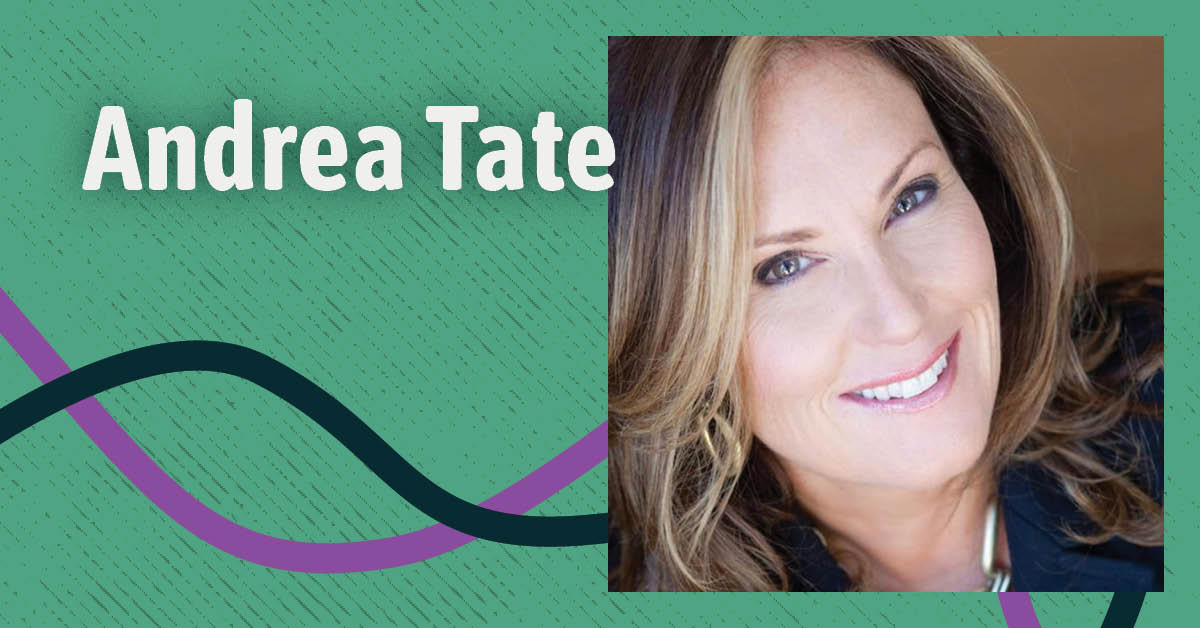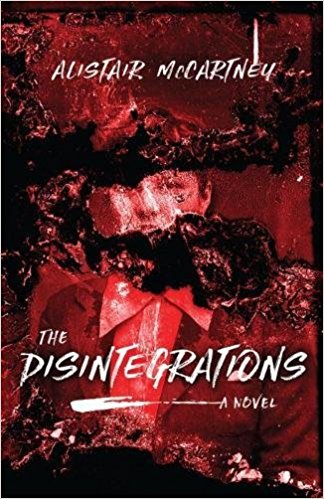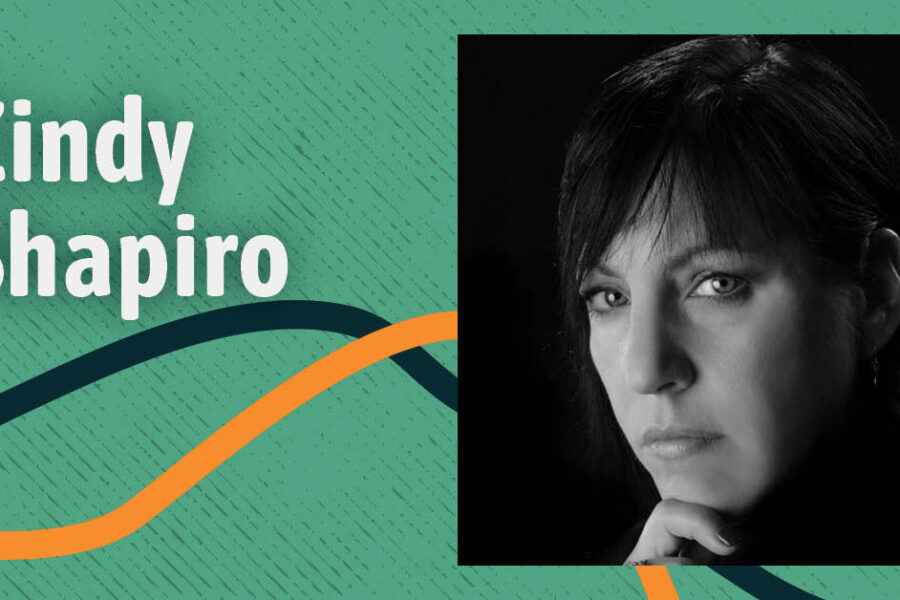Social Justice, Her Way: a profile of Antioch alum and affiliate faculty
If anyone should know Antioch University’s mission, it’s alum and affiliated writing faculty, Andrea Tate. After earning her undergraduate degree from Santa Barbara, her MFA in Creative Nonfiction from Los Angeles, and now teaching writing back at Santa Barbara, she’s spent more than a decade absorbing and activating the school’s social justice call. Still in my first term in the MFA program, I ask her to refresh my memory, “what’s the mission again?”
A pause. A humble laugh. “You know, I can’t remember exactly,” her honest and unwittingly accurate reply.
Almost everyone who comes to Antioch knows what the social justice lapse is like, drawn by the school’s mission, but always at least a little unsure as to why. It’s hard to make sense of social justice, harder still to articulate what the phrase means, not lending itself easily to rote memorization or recitation. Thinking back, Tate remembers herself an eager, if naïve, undergraduate and social justice warrior. “I thought I was very open and that I believed in diversity. But at Antioch it was like I was awakened,” she says, coming to see all the ways she still had to open and grow. Now, as Antioch faculty, Tate says it’s thrilling to get to watch students undergo the same realization, no matter how difficult it may be. She loves being there when they recognize, like she did, the limits of what they think they know. “It’s really beautiful to watch them as they become agents of change,” she says with a loftiness, as if the students were becoming superheroes.
For Tate, the journey of social justice isn’t a casual affair, but a serious calling worthy of our serious attention. Searching for what she means, she says as much a few different ways, each time her intonation ripening with the satisfaction of efforting or, as a writer like Tate might put it, of essaying. In her genre of creative nonfiction, and in her chosen essay form, Tate is used to the work of understanding, seemingly unbothered that answers rarely comes easily. Listening to her talk is like watching someone write a first draft, trying every idea, juxtaposing them two-by-two, deleting, and revising as she goes. I imagine how refreshing it must be to have her as a teacher, so willing as she is to reconsider and rediscover.
But Tate didn’t set out to become a teacher, or a writer for that matter, but a plebian. But, as it turns out, “acting, if you really get into why you want to perform a piece of theater, is storytelling at its core.” And so, when her son was ten, Tate decided to get out of the hullabaloo of theater and focus on story instead, enrolling in Antioch’s MFA in Creative Writing where she discovered a newfound freedom, and earned the skill, to tell about her own life and the issues that mattered to her. Already, Tate had dipped her toes in teaching theater and it was only a matter of time until she taught writing, too, first with Antioch’s Teaching and Learning Center and, later at the Santa Barbara Campus as affiliate writing faculty. “I was telling stories to learn from them,” she says, “now I am telling stories to help others learn.”
At the core of her educational philosophy is a socratic methodology, to answer a question with a story, because, as Tate says, we learn best from stories and we have since the beginning of time. “It’s how we empathize,” she continues, “how we understand beyond our own skin, the human condition. Story is how we transfer what happened to me to someone else and, it’s through story we can learn what happened to them in return. The more we share our stories, the more we realize we aren’t the same, exactly, but that we are here for each other nonetheless.” No wonder she can’t remember the school’s social justice mission, she doesn’t have to, she lives the mission instead.
Of Tate’s writing, her essay “Body” seems particularly emblematic of her brand of social justice. In the piece, she tells the story of her son’s eight year long (and, as she wonders, perhaps five-year-too-long) relationship with his security blanket named “Body.” But who was she to ask her son to detach from this object that had become a part of himself? Especially since “phrases like pick up your Body, leave your Body at home, don’t drag your Body on the floor, your Body is dirty, were normal in our household.” Who was she to ask her son to separate from Body, the blanket who had become her son’s closest companion, as the boy navigated his parents divorce?
Although the social justice themes in the story are subtle, they are its heart. The essay’s narrative arc is Tate’s attempt to understand, not just her son’s experience, but his identity, on his terms. Through her inquiry, she finds insight, which lead her to empathy, which leads her to discover a way to support her son when, at ten-years-old, he finally decides it’s time to get rid of Body. After her son cries himself to sleep, Tate writes: “I lay next to him until I thought he was asleep, thinking about what had just happened. I was happy he was giving up Body, but not because of the obvious reasons. Body had been such a source of comfort to him, but I realized I had also been jealous of Body, because there were so many times I could not offer the same comfort. After all, I was the cause of his father’s absence in the house.” At the end, she understands how she was an actor in his attachment, too, recognizing her agency just as she learned that it’s sometimes best to let it go.
Just before we end our conversation, Tate returns to the topic of Antioch’s mission, but with a different angle, leaving behind definitions and rational thinking to talk instead about how she feels it, humanizing the institution with her language. Returning to when she first met Antioch, she talks about how intimidating it was to go from a being a person who wanted the world to be different and better, to becoming someone who actually engaged the world to make it so.
“Antioch is the people who are a part of it, and it was the community, enveloping me like a family, that gave me the courage to write and teach in pursuit of a better world.”
“I want to say Antioch is like a blanket,” she continues, almost apologetic for raising the familiar simile. “Yeah, you know what? It is. Antioch is like a warm blanket,” in a world that desperately needs comforting, a world that is like a body, indistinguishable from her own.



